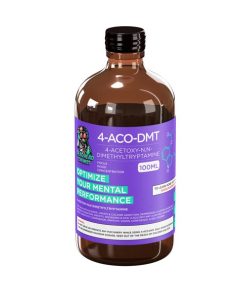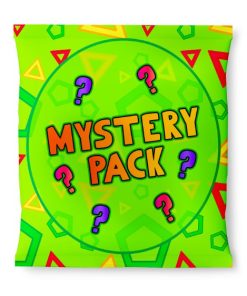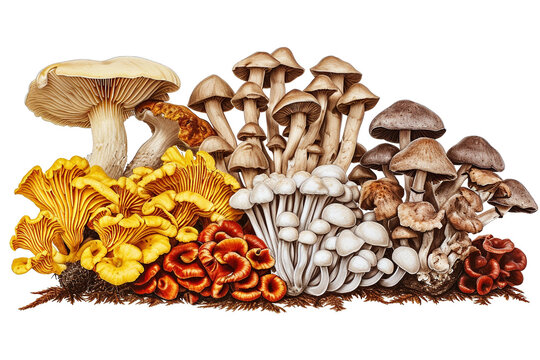-
×
 Microdose DMT Deadhead Chemist
1 × $230.00
Microdose DMT Deadhead Chemist
1 × $230.00 -
 Mystery Pack (Staff Pick)
Mystery Pack (Staff Pick)
- Type:
Free Product
1 × Free
CBD, Magic Mushrooms, mdma, Psilocybin
🧠 Debunking Myths Around Medicinal Mushrooms
Medicinal mushrooms have gone from fringe to front-page in the wellness world. With benefits ranging from better focus and immunity to stress support and sleep, it’s easy to see why they’ve gained such attention. But along with the buzz comes misinformation and myths.
Let’s clear the confusion and debunk some of the most common myths about medicinal mushrooms—so you can make smart, science-informed decisions about your health.
❌ Myth 1: Medicinal Mushrooms Are Just a Fad
✅ Reality: Medicinal mushrooms have been used for thousands of years in Traditional Chinese Medicine (TCM), Ayurveda, and Indigenous healing systems.
Today, modern science is validating many of these ancient uses, especially with mushrooms like:
- Reishi for stress and sleep
- Lion’s Mane for brain health
- Cordyceps for energy and endurance
- Chaga for antioxidants and immune support
📚 In fact, many functional mushrooms are now the subject of peer-reviewed clinical studies and are being integrated into mainstream wellness routines.
❌ Myth 2: All Mushrooms That Improve Health Are Psychedelic
✅ Reality: Most medicinal mushrooms are non-psychoactive. They do not cause hallucinations, altered consciousness, or “trips.”
Only mushrooms containing psilocybin (like Psilocybe cubensis) are psychedelic.
Medicinal mushrooms like Lion’s Mane, Reishi, and Turkey Tail support your body’s natural systems—they’re adaptogenic, not psychedelic.
❌ Myth 3: Mushrooms Are Dangerous or Toxic
✅ Reality: While some wild mushrooms are toxic, medicinal mushrooms used in supplements are well-studied, standardized, and safe for most people when sourced from reputable brands.
Key is to:
- Use lab-tested and third-party certified products
- Avoid unknown or wild-picked mushrooms unless you’re an expert
- Stick with trusted species used in TCM and clinical research
❌ Myth 4: You’ll Feel the Effects Instantly
✅ Reality: Unlike caffeine or sugar, medicinal mushrooms are not fast-acting stimulants. They build up benefits over time—supporting balance, immunity, and resilience with consistent use.
Most people notice subtle changes after 1–2 weeks, with more pronounced effects after 4–6 weeks of daily use.
Think of them more like vitamins than instant boosters.
❌ Myth 5: All Mushroom Supplements Are the Same
✅ Reality: There is a huge difference between high-quality and low-quality mushroom products.
Look for:
- Fruiting body (not just mycelium on grain)
- Dual-extracted (water + alcohol extraction for full potency)
- Beta-glucan content listed (key active compounds)
- No fillers, starch, or artificial additives
❌ Myth 6: Medicinal Mushrooms Don’t Have Scientific Backing
✅ Reality: Thousands of studies have explored the benefits of functional mushrooms. Some highlights:
- Lion’s Mane: Promotes neurogenesis and may improve memory in mild cognitive impairment
- Reishi: Shown to reduce anxiety and improve sleep quality
- Turkey Tail: Studied for immune modulation and cancer recovery support
- Cordyceps: Linked to improved oxygen use and exercise performance
While more human trials are needed, existing research is promising and growing.
❌ Myth 7: You Have to Take a Ton to See Results
✅ Reality: More is not always better. Functional mushrooms are potent even in small to moderate doses, especially when standardized extracts are used.
Start small, stay consistent, and let your body adapt gradually.
🌿 Final Thoughts
Mushrooms are among the most nutrient-dense, adaptogenic, and intelligent allies in the natural world—but they’re also misunderstood.
By debunking myths and learning how to use them properly, you unlock their full potential to support your brain, body, and resilience.
Whether you’re new to functional mushrooms or already a fan, a little knowledge goes a long way in making them work for you—not just around the hype.

